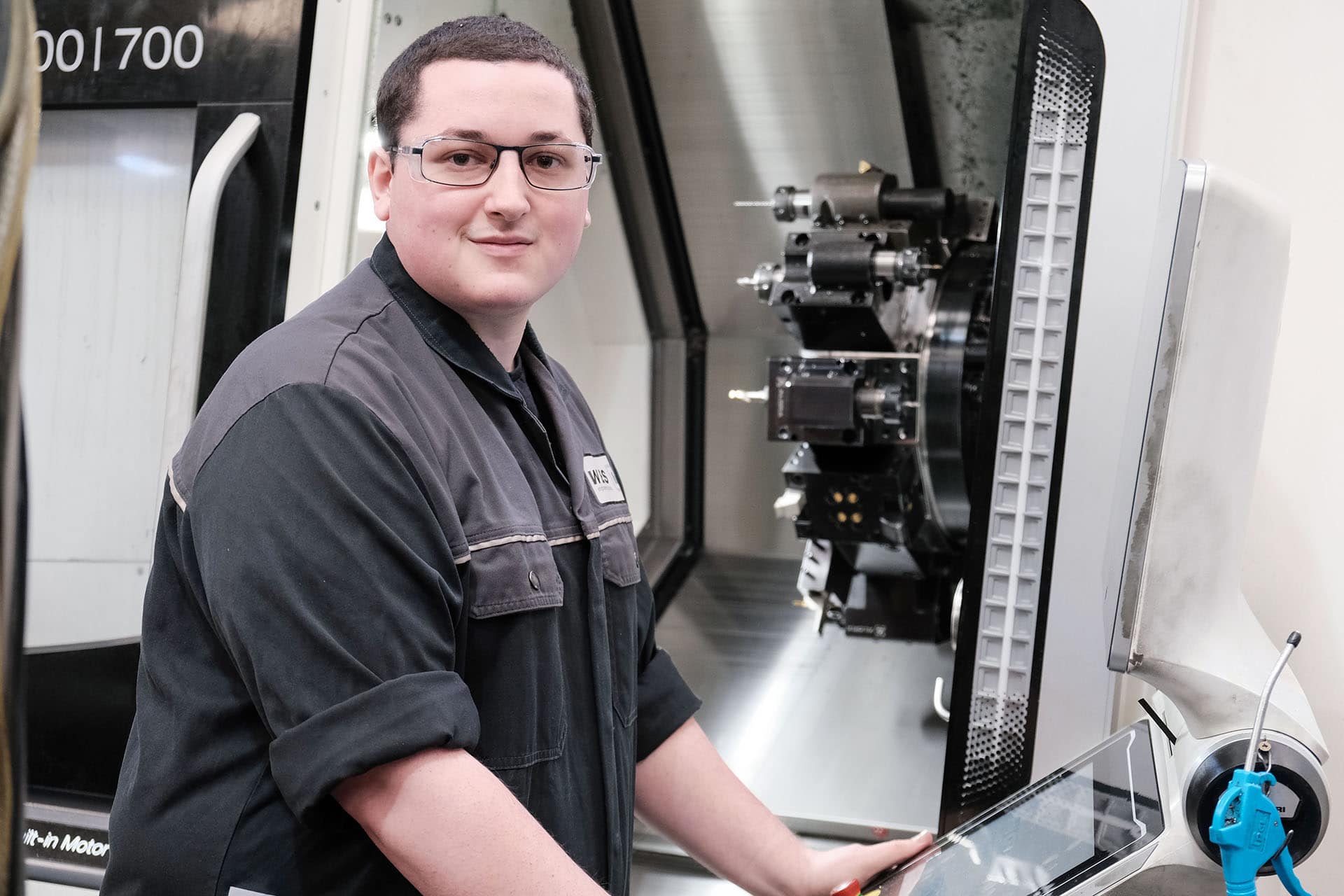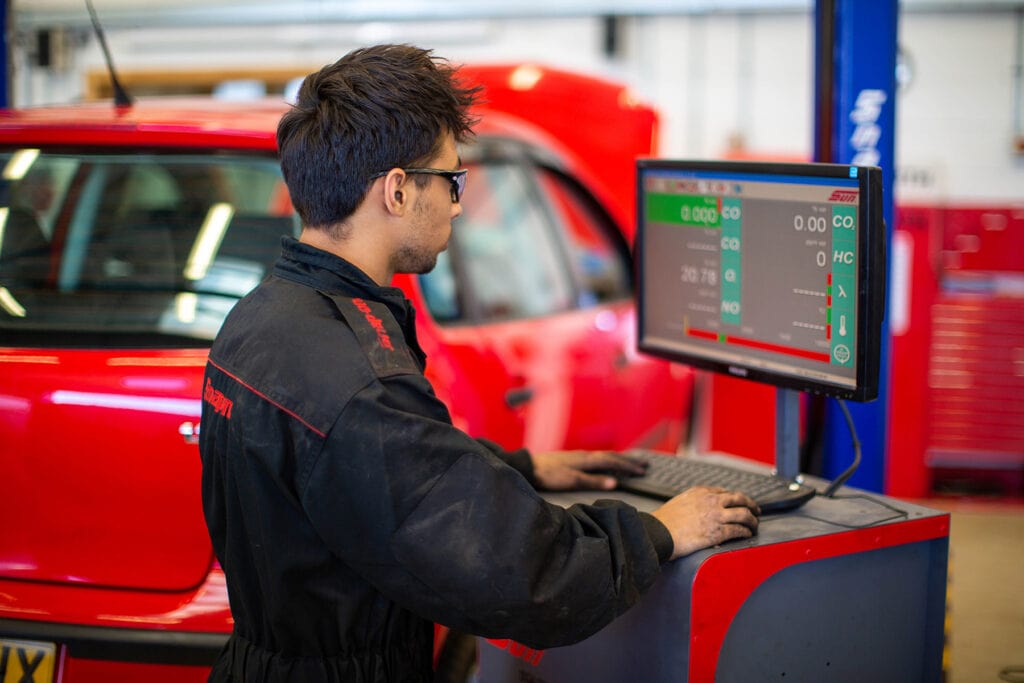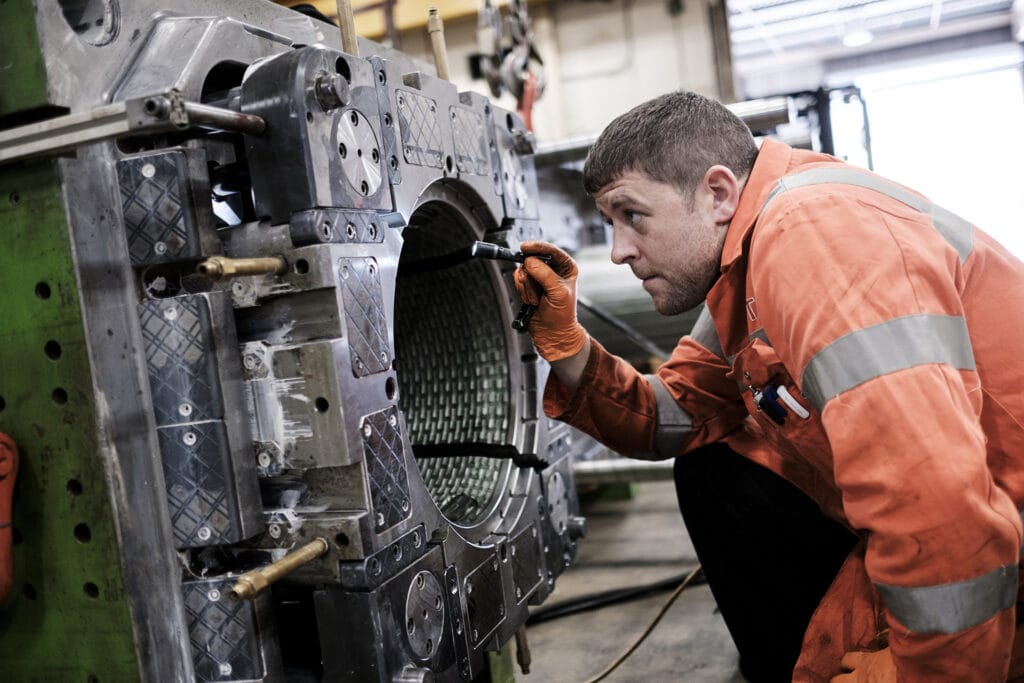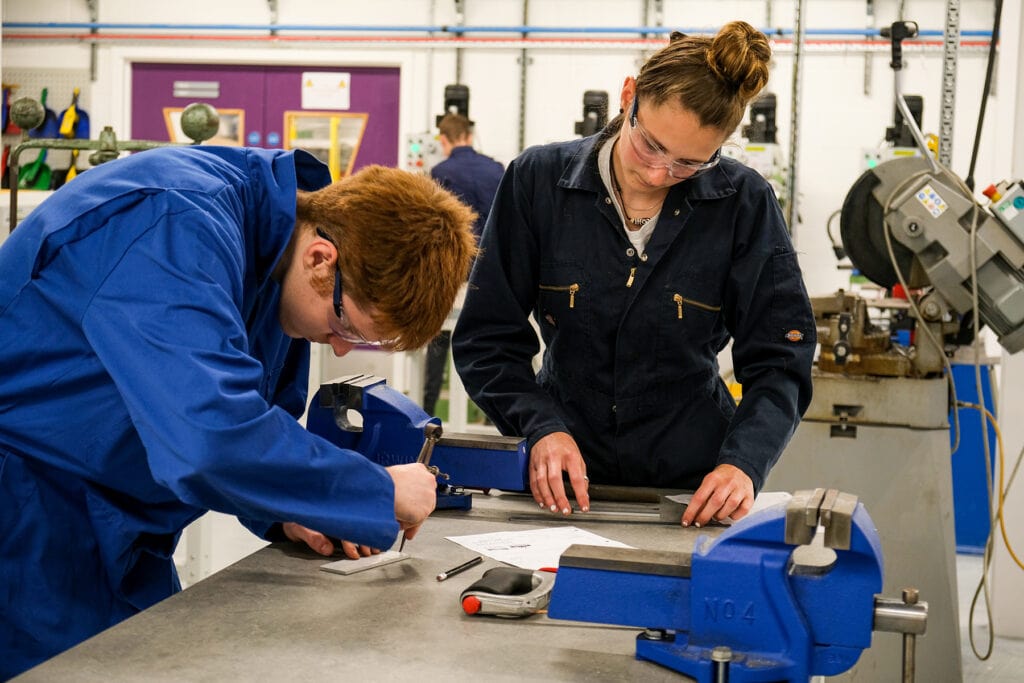New students starting in September: You can find out more about Induction Days and other useful information in our Start of Year Guide.
WHY CHOOSE THIS COURSE?
This apprenticeship standard equips apprentices with the skills and knowledge to excel in precision machining roles. Over the course of the apprenticeship, participants will learn to operate and maintain advanced machinery, ensuring high-quality production in various industries. The programme includes rigorous training in safety protocols, technical skills, and problem-solving, culminating in a robust end-point assessment to verify competency. This apprenticeship is ideal for individuals seeking a hands-on career in engineering and manufacturing, and for employers looking to develop a skilled workforce capable of meeting modern industry demands.
Apply for this course
Start date: 03/11/2025
TOP COURSE HIGHLIGHTS
Industry-standard facilities
Highly experienced tutors
Develop skills in line with industry needs
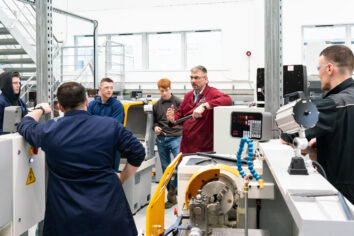
Learn from industry experts
Gain invaluable insights and hands-on experience from industry expert tutors who bring real-world knowledge and expertise to the classroom. Their guidance will help you develop the skills and confidence needed to excel in your chosen field.
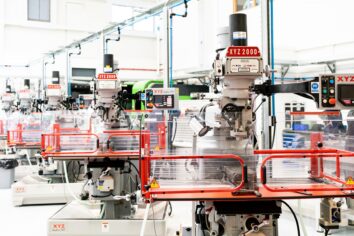
Develop work-related skills
Enhance your practical abilities and gain hands-on experience that directly translates to the workplace. This apprenticeship course focuses on real-world applications, ensuring you are well-prepared to meet the demands of your chosen career.
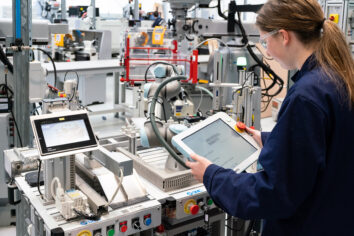
Enjoy professional surroundings
Immerse yourself in a dynamic and supportive environment that mirrors the professional world. This apprenticeship course provides access to state-of-the-art facilities and resources, helping you to thrive and feel confident in your career journey.
WHAT WILL I LEARN?
Knowledge This apprenticeship covers a comprehensive range of knowledge areas essential for precision machining. Apprentices will learn about different types of materials and their properties, machining processes, and the principles of engineering drawing and measurement. They will also gain an understanding of health and safety regulations, quality control procedures, and the importance of maintaining accurate records. This foundational knowledge ensures that apprentices are well-prepared to work with advanced machinery and produce high-quality components.
Skills Throughout the apprenticeship, participants will develop a variety of practical skills necessary for a successful career in machining. These include setting up and operating CNC machines, performing routine maintenance, and troubleshooting equipment issues. Apprentices will also learn to interpret technical drawings, use precision measuring instruments, and apply quality control techniques to ensure products meet specifications. Additionally, they will enhance their problem-solving abilities and develop effective communication skills to collaborate with colleagues and supervisors.
Behaviours Apprentices are expected to demonstrate a strong work ethic, attention to detail, effective communication, teamwork, and a commitment to continuous improvement and safety.
Typical Duties that an Apprentice will carry out in the workplace:
- Setting up and operating CNC machines: Apprentices will learn to set up and operate Computer Numerical Control (CNC) machines, ensuring precision in machining components.
- Interpreting technical drawings: They will interpret and analyse engineering drawings, blueprints, and schematics to produce high-precision parts.
- Performing routine maintenance: Apprentices will conduct routine maintenance and troubleshooting of machinery to ensure efficient operation.
WHERE WILL IT TAKE ME?
Completing the Machining Technician Apprenticeship opens up numerous career opportunities in the engineering and manufacturing sectors. Apprentices can advance to roles such as CNC Programmer, Tool and Die Maker, Maintenance Technician, or even move into supervisory and management positions. With the skills and experience gained, there is also potential for career growth in specialised areas like quality control, metrology, and mechanical assembly.
ASSESSMENT ARRANGEMENTS
The End-Point Assessment (EPA) is a crucial component of apprenticeship standards, designed to evaluate an apprentice’s knowledge, skills, and behaviours (KSBs) acquired during their training. The EPA typically includes a combination of practical assessments, professional discussions, and portfolio reviews, ensuring apprentices are fully prepared for their chosen career. This assessment is carried out independently by an End-Point Assessment Organisation (EPAO), ensuring impartiality and fairness. Employers play a key role in confirming readiness for the EPA, supporting apprentices throughout the process to achieve successful outcomes.
EPA (End Point Assessment) methods
- Practical Demonstration with Questions
- Professional Discussion (Interview) underpinned by a Portfolio of Evidence
- Knowledge test
ENTRY REQUIREMENTS
Grade 4 GCSE (C) in English and Maths plus one other relevant subject.
ADDITIONAL INFORMATION
The College provides all of the tools and materials for the course. Apprentices will be responsible for their own PPE and will be required to come equipped with a pair of steel toe capped boots and a pair of safety glasses.
Meet the staff, tour the campus and find out about life as a student at one of the best colleges in the country.
